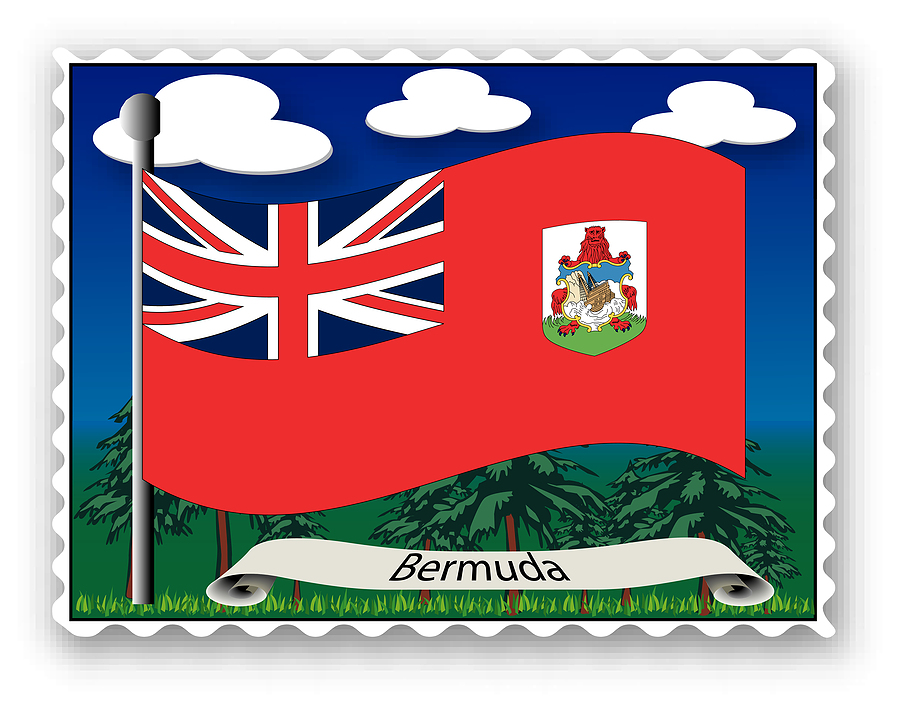Following near-record global catastrophe losses in 2011, Bermuda-domiciled reinsurers are positioned to benefit from an improved underwriting and somewhat better pricing environment this year, according to analysts at Fitch Ratings.
Fitch Ratings said it sees the Bermuda market as fundamentally resilient, with a strong, albeit diminished, capital position and a proven ability to adapt in meeting capacity needs.
The pace of recovery in premium pricing over the next 12 to 24 months will be critical, particularly since catastrophe losses are expected to remain highly variable, according to Fitch.
Recent evidence points to modest pricing gains, particularly in property business, but Fitch said it is still questionable whether this can develop into a longer term shift to a broad, hard market.
Operating results in 2011 were marred by large catastrophe losses, notably those associated with the Japan earthquake and tsunami, the heavy outbreak of spring storms in the U.S., and, to a lesser extent, Hurricane Irene.
Industry earnings were already under pressure as a result of low investment yields, weak pricing, limited growth prospects in non-property business, and declining reserve redundancies, Fitch said.
Fitch said that underwriting capacity remains strong, even though overall capital declined slightly in 2011 for the 17 Bermuda-domiciled insurers that its analysts actively follow.
Also, an uncertain earnings outlook puts additional pressure on (re)insurers to preserve existing capital, as Fitch said it regards profitable underwriting as the key factor in preserving capital.
The analysts said that the competitive position of the Bermuda market will also be influenced heavily by an evolving international regulatory landscape. Regulatory changes will likely introduce both opportunities and threats, as the island faces competition from other jurisdictions, tax-status scrutiny, and changing collateral rules.
Insurers operating under Solvency II will likely be required to hold more risk capital, which may boost reinsurance demand. However, with Bermuda seeking Solvency II equivalence, the country’s regulatory framework will, at a minimum, become less flexible, reducing its appeal as the preferred location for start-up companies, according to Fitch.
Topics Trends Legislation Market
Was this article valuable?
Here are more articles you may enjoy.



 Insurify Starts App With ChatGPT to Allow Consumers to Shop for Insurance
Insurify Starts App With ChatGPT to Allow Consumers to Shop for Insurance  Pipeline Explodes at Delfin LNG Planned Project in Louisiana
Pipeline Explodes at Delfin LNG Planned Project in Louisiana  Trump Demands $1 Billion From Harvard as Prolonged Standoff Appears to Deepen
Trump Demands $1 Billion From Harvard as Prolonged Standoff Appears to Deepen  What Analysts Are Saying About the 2026 P/C Insurance Market
What Analysts Are Saying About the 2026 P/C Insurance Market 

